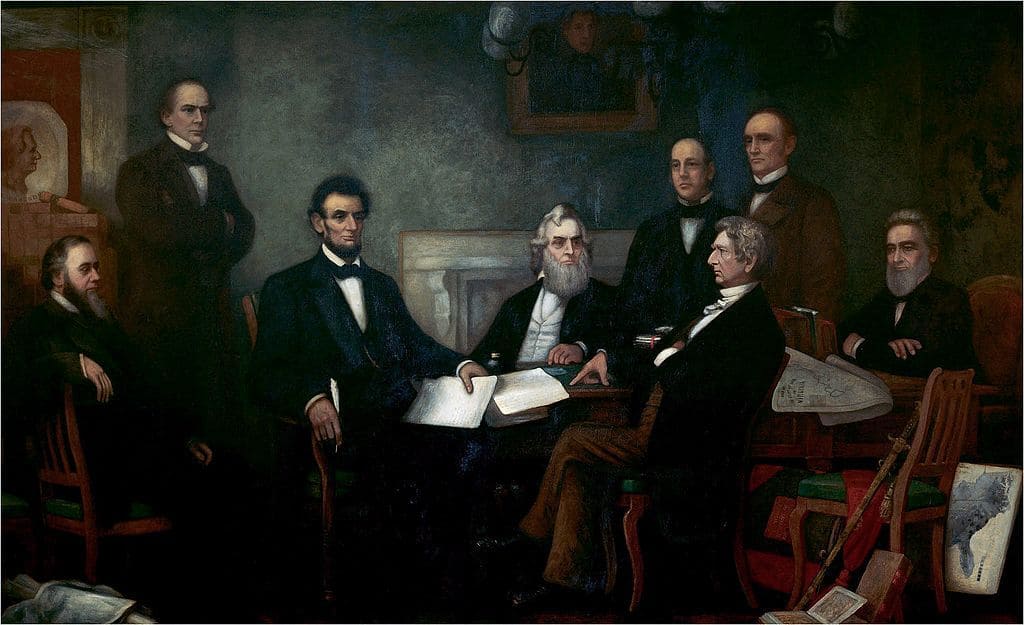Abraham Lincoln is likely the most written about president in American history. As of 2015, 111,000 books alone had been published about the 16th president, which does not take into account magazine articles, newspaper articles, plays, film scripts, television scripts, essays, theses, term papers, and speeches. Nor does it take into account articles written about Lincoln during his lifetime, many of which were far from laudatory. It would seem that there is nothing left to say about Abraham Lincoln, that every stone has been turned over and every mystery revealed. But Americans in general know little about Lincoln, a complex man with his own demons, plus those of an often mentally disturbed wife, wearing him down as he struggled to hold the Union together.
Lincoln’s life was often one of melancholy; fits of depression and sometimes near hallucinatory dreams haunted him. He refused to be trapped in the White House, often walking on the open streets of Washington, which hosted Confederate spies and agents, to the War Department to check on the latest telegrams from the front, or to the Patent Office to spend some leisurely time enjoying the models submitted by applicants. He often rode on horseback to the Soldier’s Home, with a minimal escort, to escape the Washington heat and stench and the ceaseless clamoring for patronage jobs. Like Washington before him, he was an oversized man of prodigious strength, which he sometimes enjoyed showing off.

Here are some facts about Abraham Lincoln which you may not have known which help flesh out the man whose primary goal was to save the Union.

1. He likely did not have Marfan syndrome, as some have claimed
In the early 1960s several physicians proposed that Abraham Lincoln suffered from Marfan syndrome, a diagnosis they based on Lincoln’s unusual body shape, or habitus. Lincoln had long legs and unusually long arms, narrow shoulders in relation to the rest of his body, and certain facial features which supported the hypothesis. Lincoln grew to the height of 6’4″ by the time he was twenty-one years of age, and though he was well-muscled, as would be expected of someone who had once made a living through the use of an axe, he was always thin, sometimes painfully so. As he aged during his presidency he lost weight, undoubtedly in part because of the stress of leading the nation through the greatest crisis in its history up to that point.
All of these observations could be explained by Marfan syndrome, which is a disorder of the connective tissue. Besides the physical appearances which Lincoln exhibited there are other complications from the disease, which include vision problems and heart complications. Lincoln did resort to reading glasses later in life, which was not unusual, and the absence of any heart problems are arguments against Lincoln suffering from Marfan. His longevity is another. Though in the twenty-first century Marfan is manageable in many cases, in Lincoln’s day the disease would have led to death at a relatively young age, probably of cardiovascular failure. In the 1990s it was proposed to test Lincoln’s DNA for Marfan, but the arguments of geneticists against the diagnosis were strong enough to render such tests unnecessary.

